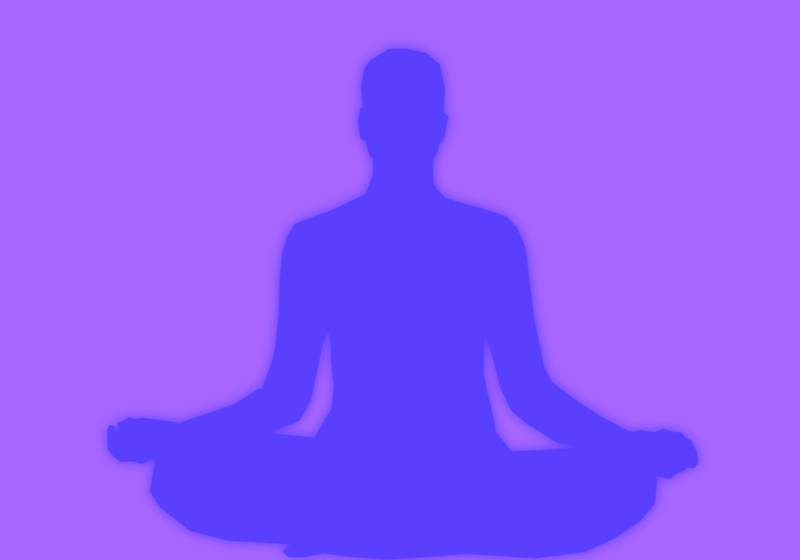What is mindfulness? Is it some hokey ancient “medicine” or the latest scam-trend trying to swindle the Karens of the world? Neither, in fact.
Mindfulness is the practice of directing your focus inward with the intent of gaining awareness of your emotions. Humans are emotional creatures by nature, but our emotions can be hard to deal with. Our finely tuned reflexes designed to keep us alive during cold winters or long hunts don’t always translate well in the modern world.
As a result, it can be easy to lose track of where an emotion is coming from, or if it’s appropriate for the situation. Try to think back to a time when you said something you didn’t mean or lashed out at somebody because you were upset about something entirely different.
Mindfulness would tell you that in those situations your emotions are valid, but misplaced. Mindfulness teaches that we have power over our emotions, not the other way around.
True mastery of mindfulness can take a lifetime, but there are some simple practices that can help us all deal with the chaotic and stressful state of the world right now. The first is so simple that it may sound too good to be true: Simply pause for a moment, think about how you are feeling, then try and describe it.
If you’re panicking before an online exam, you could stop for a second and say to yourself “Damn, I’m really stressed right now.” Then, rather than experiencing the stress, you are observing it.
The same goes for anger, sadness, and even happiness. The simple act of choosing to identify an emotion often gives us a power over it that we didn’t have before. It gives us the choice to either let go of that emotion or to hold onto it if it’s something we actually want to experience.
The next trick is a little more complicated, and definitely takes some practice, but can be a powerful tool for countering anxiety. At its heart, it is a form of guided meditation. It is usually best to begin practicing with a group, no matter the size. There are groups online, like the @urmindfuluniversityproject on Instagram, but a small group of friends is just as good.
Set aside 10 to 20 minutes, and have one person lead by reading the following instructions in a calm, low voice.
- Close your eyes, and focus on your breath. Try and replace every thought in your mind with a gentle focus on the process of breathing in through your nose and out through your mouth.
- Once you have emptied your mind, slowly begin to focus on a part of your body. It can be any part like your big toe. Try and feel everything that part of your body is experiencing. Is it cold or hot? What is it touching? Is that thing soft or hard? While you shift your focus, be careful to keep your breath in time, and if you ever slip out of rhythm or let your mind wander, return to focusing solely on your breath.
- If you feel like you have felt everything that part of your body is feeling, pick a different one, and slowly move your focus between the two points. Let your mind walk the path from one to the other. If you can, try and feel all the sensations each part of your body is feeling along that path. While you shift your focus, be careful to keep your breath in time, and if you ever slip out of rhythm or let your mind wander, return to focusing solely on your breath.
- As the time goes to a close let your mind return to reality — don’t open your eyes just yet. Think about what you are going to do next in your day without fear or judgement. Simply identify what that task will be and let your mind dwell on it calmly as you finish your meditation.
And there you have it. The more regularly you can practice, and the more you follow the specific thought processes outlined, the more effective you will find this to be. Stay safe out there everyone, and remember that it is okay to be you, and it is okay to feel the way you do.





